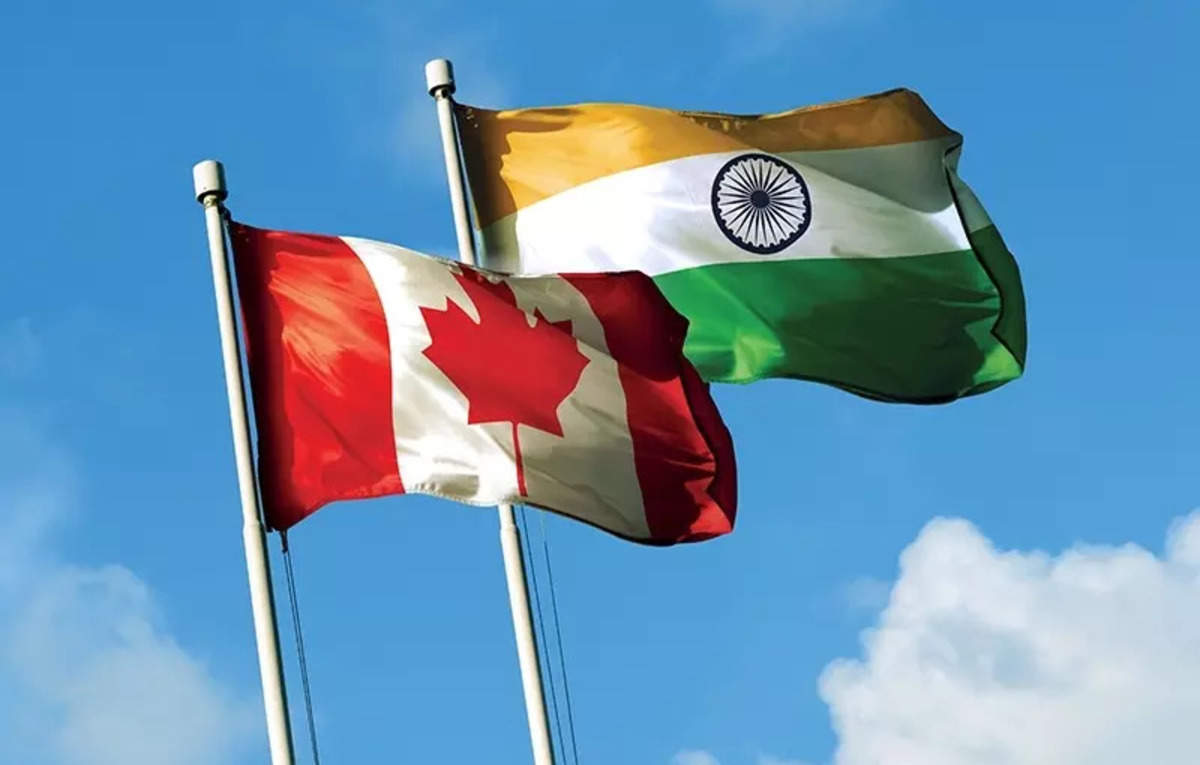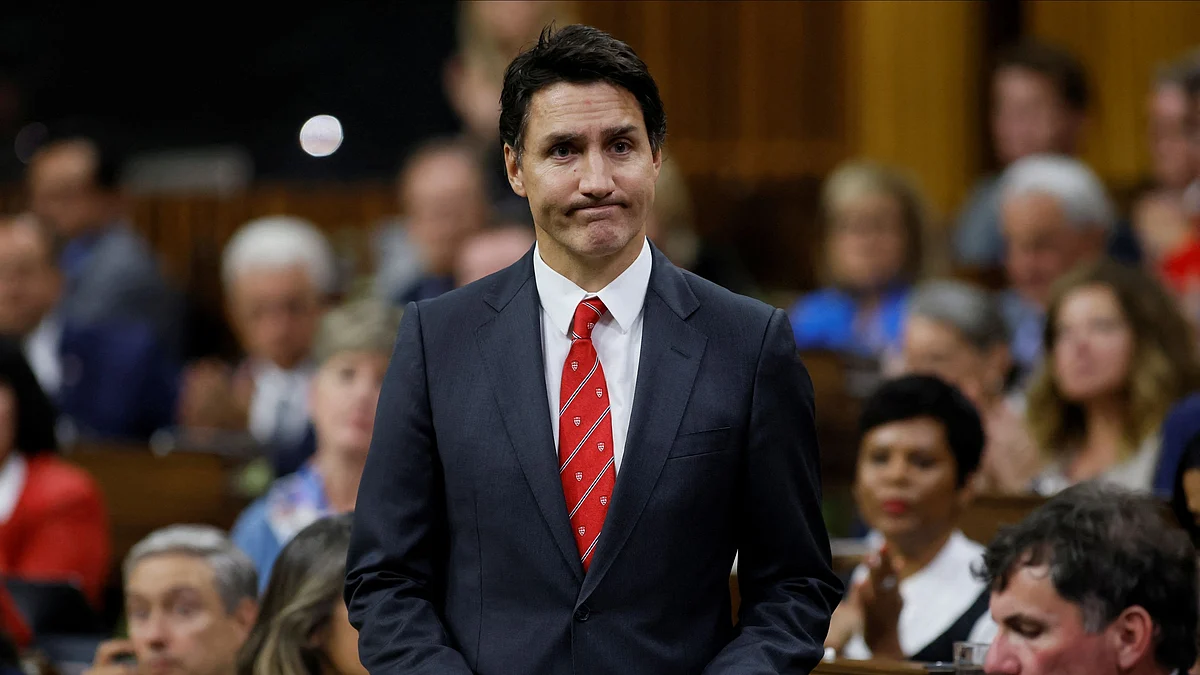India-Canada Economic Ties at Risk: Feud Threatens Billions in Investments 2023

India-Canada Economic Ties at Risk: Feud Threatens Billions in Investments 2023
India and Canada, two diverse and dynamic countries located on opposite ends of the world, have enjoyed a growing economic partnership in recent years. This collaboration has promised significant opportunities for trade, investments, and cultural exchange.
However, the once-promising relationship has hit a rough patch, with disputes and disagreements threatening to put a freeze on their growing economic ties. This article explores the intricacies of the India-Canada feud and the potential consequences for billions in investments.

Growing commercial relations between Canada and India, which go far beyond the flow of products being sent across the Pacific, might be frozen by a diplomatic dispute between the two nations over the assassination of a Sikh leader.
India is by far the greatest source of international students enrolling in Canadian colleges and universities, while being a relatively tiny user of Canadian goods. The largest Canadian public pension administrators have invested tens of billions of dollars in Indian businesses and endeavours, including banking, infrastructure, and the renewable energy sector.
By claiming that India was responsible for the assassination of a Sikh separatist leader in a Vancouver suburb in June, Canadian Prime Minister Justin Trudeau stunned the nation on Monday. India denied any involvement in the murder and referred to the claim as “absurd.” Both countries removed a diplomat from the other.

The event reveals a deepening divide between two nations that had been edging closer economically and financially. According to data from Statistics Canada, investments between Canada and India increased to C$36.2 billion in 2022, a 37% increase in only four years.
The two nations had been in negotiations for a trade agreement up until recently. Those are currently on hold.
According to Statistics Canada, Canada’s exports to India were C$11.6 billion last year, which is less than a third of the amount sent to China. The most recent month for which data is available is July, and commodities such as newsprint, metallurgical coal, and lentils dominated Canadian exports to India.
During the month, cellphones and railway trains were the two biggest exports from India to Canada. On the list of top exporters to Canada, the nation comes in at number twelve.

Over the past decade, India and Canada have sought to deepen their economic relationship. The foundation of this partnership rests on several key factors:
- Both India and Canada have diverse and robust economies. India’s vast market and rapidly growing middle class make it an attractive destination for Canadian exports and investments. Canada, on the other hand, offers advanced technology, natural resources, and a stable investment environment that appeals to Indian businesses.
- The Comprehensive Economic Partnership Agreement (CEPA) and the Foreign Investment Promotion and Protection Agreement (FIPA) were signed between the two countries, setting the stage for increased trade and investments.
- A significant Indian diaspora in Canada has fostered people-to-people ties, cultural exchange, and business networks that have facilitated economic cooperation.
- Both nations share interests in sustainable development, renewable energy, and combating climate change, creating synergies for collaboration in these sectors.
One of the most significant points of contention has been Canada’s demand for increased access to India’s agricultural markets, particularly for pulses and lentils. India’s restrictions on these imports have irked Canadian exporters and led to trade tensions.

Canada has been vocal about its concerns regarding human rights in India, particularly related to the situation in Kashmir and the treatment of certain communities. This stance has strained diplomatic relations and affected economic cooperation.
Several Canadian companies have invested billions of dollars in India across various sectors, including natural resources, technology, and infrastructure. Uncertainty arising from the ongoing disputes has raised concerns among investors about the safety and profitability of their investments.
Canada is a significant destination for Indian IT companies, thanks to its liberal immigration policies and skilled workforce. However, recent changes in Canadian immigration regulations have made it more challenging for Indian tech workers to secure visas, leading to dissatisfaction in the Indian IT sector.
Canadian investors in India may hesitate to commit further capital or expand their operations due to the uncertain business environment. This could slow down economic growth and job creation in both countries.

A breakdown in trade relations could impact Indian exports, particularly in the agricultural sector, leading to potential economic losses for Indian farmers and exporters.
The economic feud could further strain diplomatic relations between the two countries, making it challenging to find common ground on global issues such as climate change and international security.
Both India and Canada could miss out on the numerous opportunities for collaboration in areas like renewable energy, technology, and education.
The freeze on growing economic ties between India and Canada is a concerning development with significant implications.
While both nations have much to gain from a strong partnership, unresolved disputes and concerns over investments and trade deficits threaten to derail their economic relationship.

Finding a balanced approach that addresses these issues while preserving the broader economic cooperation is crucial for the long-term success of this strategic partnership. Ultimately, a thaw in relations would benefit not only India and Canada but also the global economy at large.




